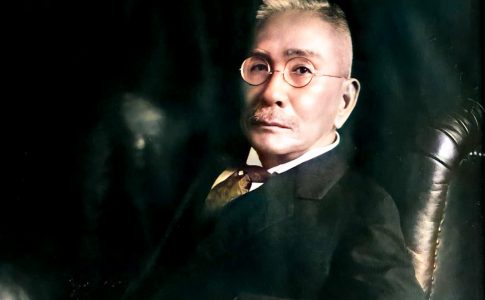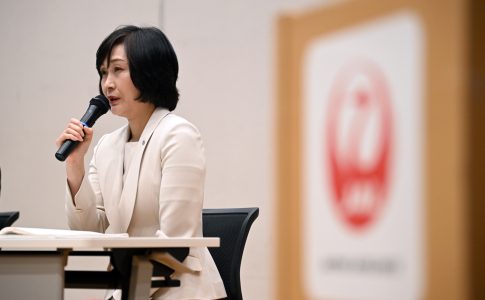In the world of automotive giants, Toyota’s performance is soaring to new heights. In 2023, it outpaced Volkswagen in global sales, securing the top spot for the fourth consecutive year. Supported by a weaker yen and increased production, Toyota announced a forecast for the fiscal year ending in March 2024 that is nothing short of spectacular. The company expects a net profit increase of 84% from the previous term, reaching 4.5 trillion yen, marking the first time a Japanese company has crossed the 4 trillion yen threshold.
The announcement sent Toyota’s stock price skyrocketing on February 6, increasing its market capitalization by an astonishing 6.6 trillion yen in a single day, an amount almost equivalent to the market value of Mizuho Financial Group. This unprecedented performance, however, casts a complex shadow over Toyota’s chairman, Akio Toyoda, whose reputation is not as favorable as the company’s financial achievements might suggest.
Inside Toyota and across the economic sector, whispers are circulating about Toyoda’s unconventional approach to management, hinting at a lack of common sense for someone at the helm of such a vast global enterprise. Critics argue that Toyoda’s narrow perspective and seeming disregard for the impact of his actions on stakeholders resonate with long-standing critiques of his character.
At the heart of Toyota’s empire, Toyoda’s public appearances, such as his solo performance at a group vision presentation at the Toyota Commemorative Museum of Industry and Technology, raise eyebrows. Toyota, with its unparalleled financial resources and status as Japan’s largest sponsor company, often sees major media outlets shy away from direct criticism, regardless of the group leader’s actions or statements.
The perception of Toyoda’s leadership took a turn following the death of his father, honorary chairman Shoichiro Toyoda, in February 2023. Insiders suggest that Akio Toyoda seems to have lost the ability to view his management style objectively, with actions that appear self-centered and isolated. This has not gone unnoticed outside the company, with economic and political circles beginning to express concern about Toyota’s direction under his leadership.
This concern was amplified by a significant scandal in December 2023, when Daihatsu, a Toyota subsidiary, announced a major case of misconduct in certification tests. Toyoda was notably absent from the press conference, attending a racing event in Thailand instead. His decision to delegate the apology to Toyota’s vice president, Yuki Nakajima, while being interviewed in a racing suit, was criticized as inappropriate, reflecting poorly on Toyota’s corporate culture.
The series of scandals, including unauthorized practices in Daihatsu and Toyota Auto Body’s diesel engine certification, underscores a crisis within Toyota. Toyoda’s response to these issues, emphasizing a return to foundational principles and introducing a new vision for the company, was seen by some as a unilateral performance rather than a genuine effort to address deep-rooted problems.
Toyoda’s management style and the company’s handling of quality control issues suggest a disconnect between the ideals of open and earnest communication with stakeholders and the reality of the situation. Despite his achievements in steering Toyota through financial crises and maintaining profitability, Toyoda’s approach to crisis management and stakeholder engagement has drawn criticism.
Toyota’s corporate culture, marked by a series of quality and safety scandals, reflects a broader issue of governance within the group. Toyoda’s assertion of personal responsibility for the group’s past, present, and future actions, while noble, raises questions about the feasibility of fostering an environment where subsidiaries can independently address and rectify issues without fear of overshadowing by the parent company’s influence.
As Toyota navigates these turbulent waters, the automotive world watches closely. The hope is for a reawakening within Toyota’s leadership, for a balance between assertive management and the empowerment of individual entities within the group to innovate and excel. The future of Japan’s economy and the global automotive industry may well depend on Toyota’s ability to adapt and evolve under Akio Toyoda’s stewardship.












Leave a Reply